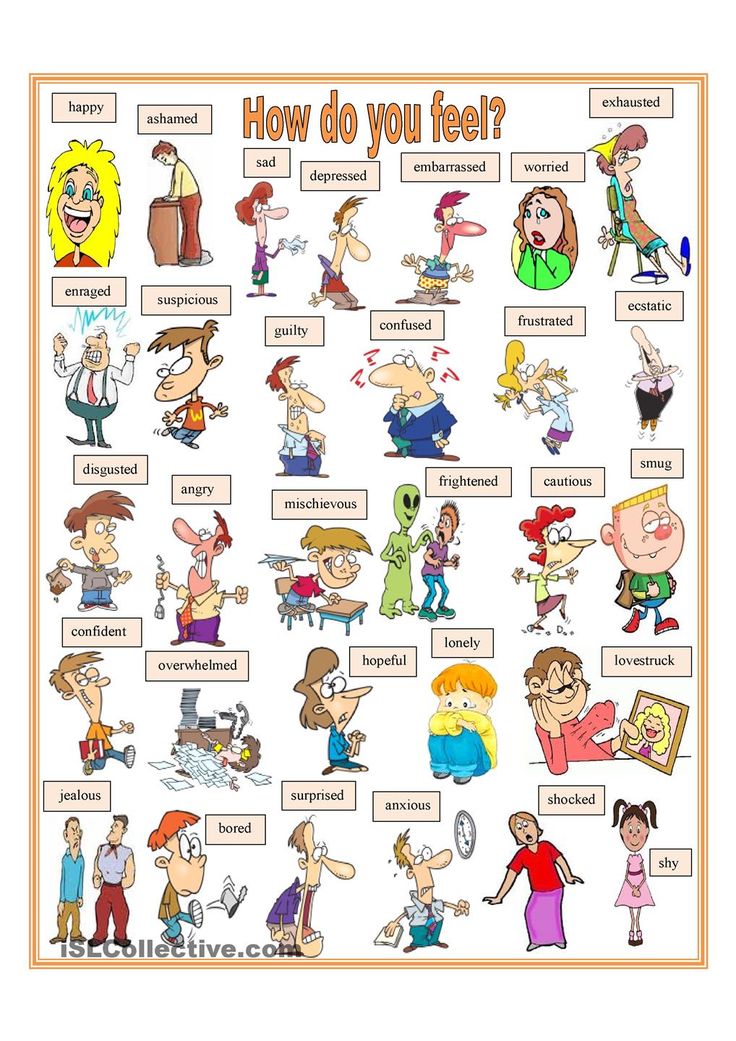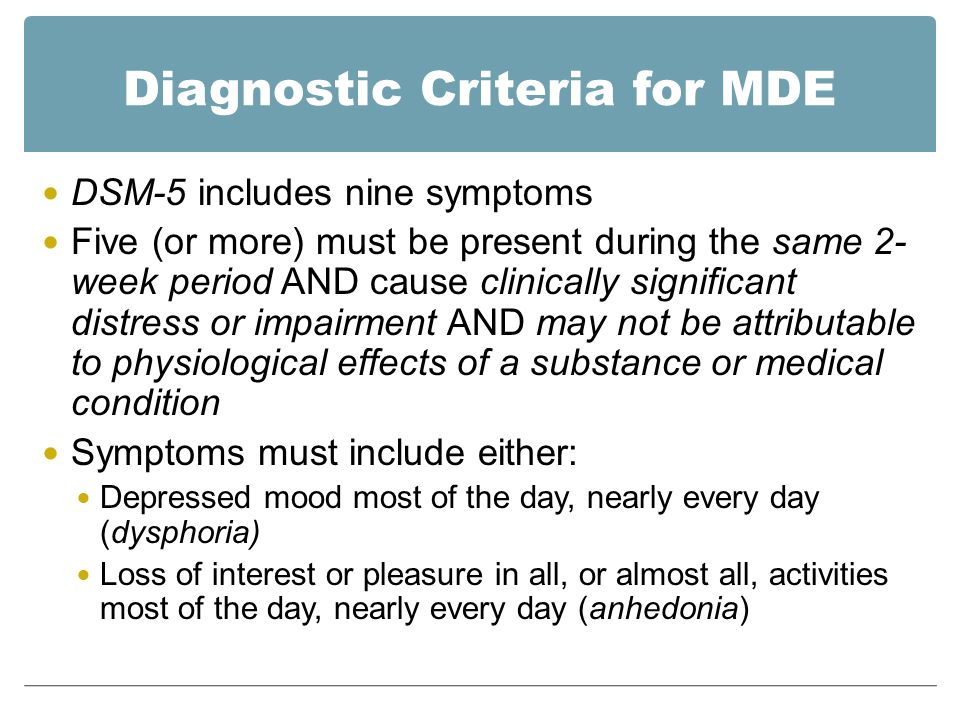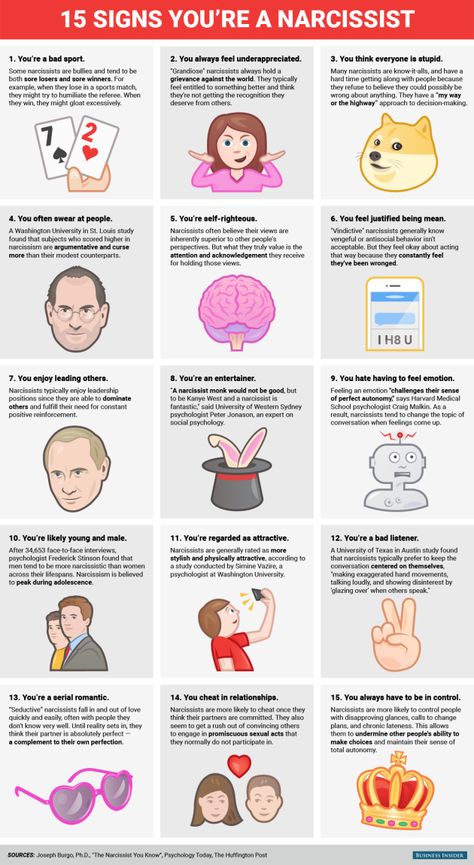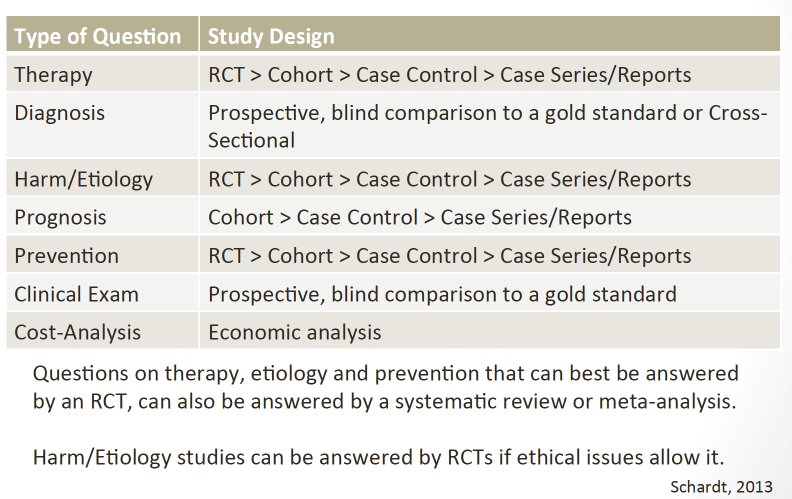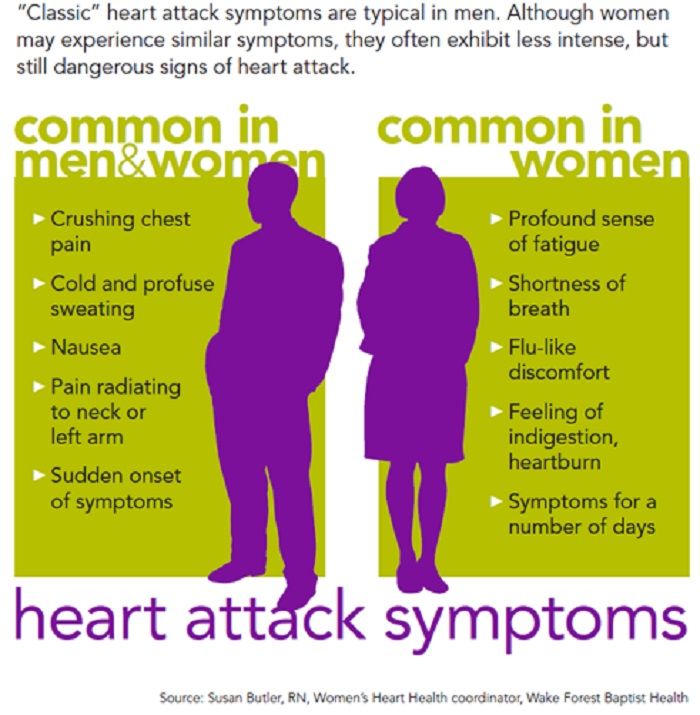Gottman divorce prediction
The 6 Things That Predict Divorce
Learning about divorce can prevent your relationship from making the same mistake or rescue it if it already has.
The first step to improving your marriage is understanding why relationships fail.
The first step to improving your marriage is understanding why relationships fail.
The first step toward improving or enhancing your marriage is to understand what happens when relationships fail. This has been well documented by extensive research into couples that were not able to save their marriages. Learning about their failures can prevent your relationship from making the same mistakes — or rescue it if it already has.
In “The Seven Principles for Making Marriage Work,” I list the six things that predict divorce. This ability to predict divorce is based in part on my analysis of the 130 newlywed couples who were observed at the “Love Lab” apartment at the University of Washington.
During our research study, my team and I asked these couples to spend fifteen minutes in the lab trying to resolve an ongoing disagreement they were having while we videotaped them. As they spoke, sensors attached to their bodies gauged their stress levels based on various measurements of their circulatory system. Here is what I discovered.
-
Harsh Startup
The most obvious indicator that a conflict discussion (and marriage) is not going to go well is the way it begins. When a discussion leads off with criticism and/or sarcasm (a form of contempt), it has begun with a “harsh startup.” My research shows that if your discussion begins with a harsh startup, it will inevitably end on a negative note. Statistics tell the story: 96% of the time, you can predict the outcome of a conversation based on the first three minutes of the interaction.
-
The Four Horsemen
Certain kinds of negativity, if allowed to run rampant, are so lethal to a relationship that we call them the Four Horsemen of the Apocalypse. Usually, these four horsemen clip-clop into the heart of a marriage in the following order: criticism, contempt, defensiveness, and stonewalling. Read more about The Four Horsemen and their antidotes here.
Read more about The Four Horsemen and their antidotes here.
-
Flooding
Flooding means that your partner’s negativity—whether in the guise of criticism or contempt or even defensiveness—is so overwhelming, and so sudden, that it leaves you shell-shocked. A marriage’s meltdown can be predicted, then, by habitual harsh startup and frequent flooding brought on by the relentless presence of the four horsemen during disagreements. Although each of these factors alone can predict a divorce, they usually coexist in an unhappy marriage. Read more about flooding here.
-
Body Language
When my team monitored couples for bodily changes during a conflict discussion, we could see just how physically distressing flooding was. One of the most apparent of these physical reactions is that the heart speeds up – pounding away at more than 100 beats per minute – even as high as 165. Hormonal changes occur, too, including the secretion of adrenaline. Blood pressure also mounts. The physical sensations of feeling flooded make it virtually impossible to have a productive, problem-solving discussion.
Blood pressure also mounts. The physical sensations of feeling flooded make it virtually impossible to have a productive, problem-solving discussion.
-
Failed Repair Attempts
It takes time for the four horsemen and flooding that comes in their wake to overrun a marriage. And yet, divorce can so often be predicted by listening to a single conversation. How can this be?
The answer is that by analyzing any disagreement a couple has, you get a good sense of the pattern they tend to follow. A crucial part of that pattern is whether their repair attempts succeed or fail.
Repair attempts are efforts the couple makes to deescalate the tension during a discussion. The failure of these attempts is an accurate marker for an unhappy future. Read more about repair attempts here.
-
Bad Memories
When I interview couples, I always ask them about the history of their relationship. In a happy marriage, couples tend to look back on their early days fondly.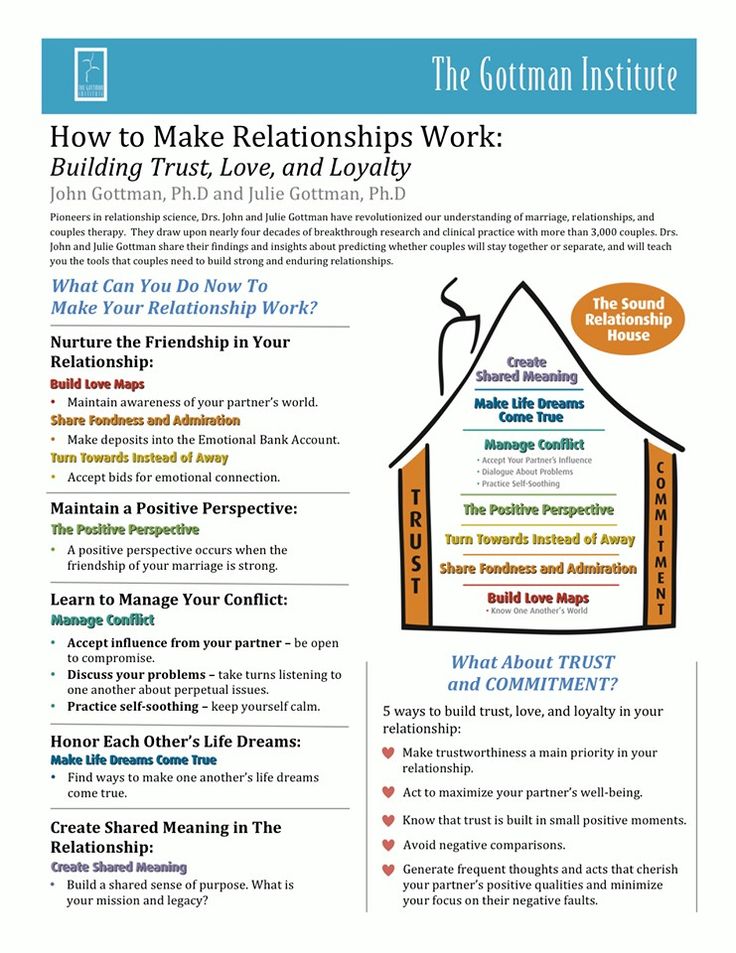 They remember how positive they felt early on, how excited they were when they met, and how much admiration they had for each other. When they talk about the tough times they’ve had, they glorify the struggles they’ve been through, drawing strength from the adversity they weathered together. Conduct your own Oral History Interview here.
They remember how positive they felt early on, how excited they were when they met, and how much admiration they had for each other. When they talk about the tough times they’ve had, they glorify the struggles they’ve been through, drawing strength from the adversity they weathered together. Conduct your own Oral History Interview here.
The Art and Science of Love is now a live virtual workshop! Learn how to apply the Gottman Method to your relationship from the comfort of your home. Sign up today to register for the next event.
John Gottman, Ph.D.
World-renowned for his work on marital stability and divorce prediction, Dr. John Gottman has conducted 40 years of breakthrough research with thousands of couples. He is the author of over 200 published academic articles and author or co-author of more than 40 books, including The New York Times bestseller The Seven Principles for Making Marriage Work.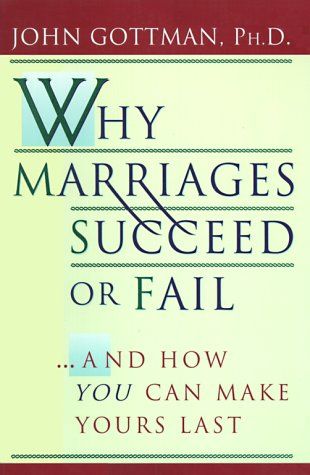 ="wpforms-"]
="wpforms-"]
This One Thing is the Biggest Predictor of Divorce.
If a couple can revive their fondness and admiration for each other, they are more likely to approach conflict resolution as a team.
If a couple can revive their fondness and admiration for each other, they are more likely to approach conflict resolution as a team.
If a couple can revive their fondness and admiration for each other, they are more likely to approach conflict resolution as a team.
This one thing is the biggest predictor of divorce. You may know Dr. John Gottman as “the guy that can predict divorce with over 90% accuracy.” His life’s work on marital stability and divorce prediction is world-renowned—featured in the #1 bestseller Blink by Malcolm Gladwell.
After watching thousands of couples argue in his lab, he was able to identify specific negative communication patterns that predict divorce. He called them The Four Horsemen of the Apocalypse, and they are criticism, contempt, defensiveness, and stonewalling.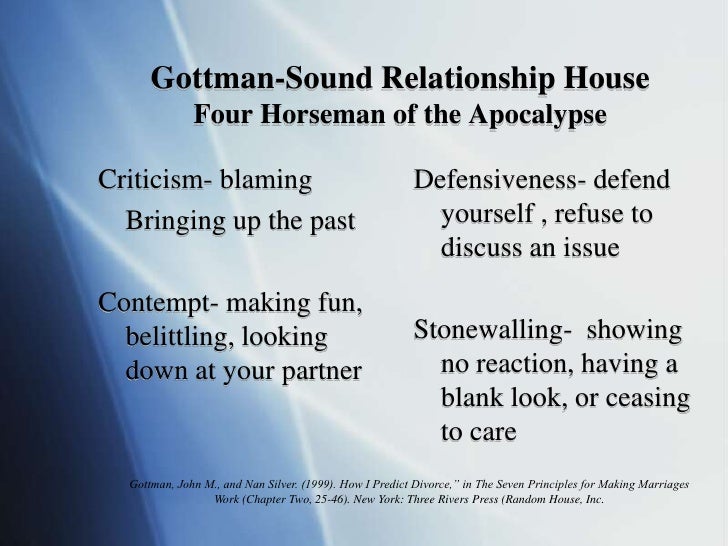
Contempt is the most destructive of The Four Horsemen because it conveys, “I’m better than you. I don’t respect you.” It’s so destructive, in fact, that couples who are contemptuous of each other are more likely to suffer from infectious illness than couples who are not contemptuous of each other. The target of contempt is made to feel despised and worthless.
Treating others with disrespect and mocking them with sarcasm are forms of contempt. So are hostile humor, name-calling, mimicking, and/or body language such as eye-rolling and sneering.
In his book Why Marriages Succeed or Fail, Dr. John Gottman notes:
When contempt begins to overwhelm your relationship you tend to forget entirely your partner’s positive qualities, at least while you’re feeling upset. You can’t remember a single positive quality or act. This immediate decay of admiration is an important reason why contempt ought to be banned from marital interactions.
Contempt erodes the bond that holds a couple securely together. It’s impossible to build connection when your relationship is deprived of respect. The existence of contempt is the biggest predictor of divorce.
It’s impossible to build connection when your relationship is deprived of respect. The existence of contempt is the biggest predictor of divorce.
What does contempt look like?
Let me introduce you to a couple from my practice. After five years together, Chris and Mark (names changed for anonymity) find their marriage in a tailspin. Chris feels dismissed, shamed, and blamed by Mark.
“I can’t believe you think it’s okay to speak to me the way you do. The things you say to me make me feel awful. It’s like you constantly think I’m a dumbass,” Chris says in my office.
“What? I’m just stating facts,” justifies Mark while rolling his eyes.
“Well, the things you say are hurtful. What’s the point?” asks Chris.
“I’m constantly disappointed by things you say and do. Your logic doesn’t make sense to me,” says Mark. His unwillingness to be influenced or take responsibility for himself is unshakeable.
“If I spoke to you in the same way, you would lose your mind,” says Chris.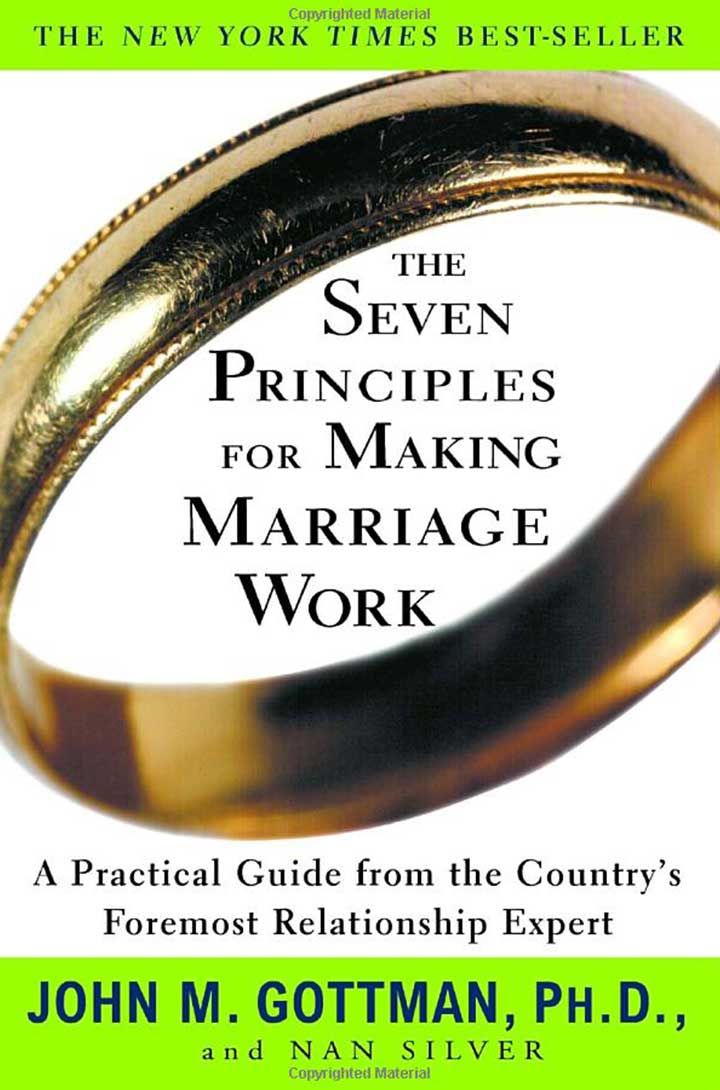
“Whatever,” Mark mumbles.
Chris has stopped being affectionate towards Mark, and Mark mostly ignores his complaints at this point. Contempt has totally taken over their relationship.
The antidote to contempt
Here’s the good news. Dr. Gottman’s ability to predict divorce is contingent on behaviors not changing over time. You can reverse a pattern of contempt in your relationship before it’s too late. The antidote lies in building fondness and admiration.
Dr. Gottman discovered that the best way to measure fondness and admiration is to ask couples about their past. How did they meet? What were their first impressions of each other?
If a relationship is in crisis, partners are unlikely to elicit much praise by talking about the current state of affairs. Talking about the happy events of the past, however, helps many couples reconnect.
If a couple can revive their fondness and admiration for each other, they are more likely to approach conflict resolution as a team, and the growth of their sense of “we-ness” will keep them as connected as they felt when they first met.
I witness a glimmer of hope when I ask couples how they fell in love. Partners talk about how attractive they thought their partner was. How funny they were. How nervous and excited they felt around each other.
Despite all the pain and negative feelings that have accumulated over years, there is still an ember of friendship. The key is to fan that ember back into flames, and the best way to do this is by creating a culture of appreciation and respect in the relationship.
Dr. Gottman teaches couples to look at their partner through rose-colored glasses. Instead of trying to catch them doing something wrong, catch them doing something right and appreciate them for it. Even the little things. I like how you did your hair today. Thank you for getting my favorite ice cream. I appreciate you vacuuming without me asking you to.
Identifying contempt is the first step towards getting your relationship back on track. If you and your partner need a little extra help, you may benefit from couples counseling. ="wpforms-"]
="wpforms-"]
The main harbinger of divorce | PSYCHOLOGIES
How to get through hard times: daily advice Psy
How to determine the type of attachment - just read the words to your favorite songs
5 books that will save you from the autumn blues
250 898
Divorce a man and a woman
"predicts the probability of divorce with over 90% accuracy." He has been studying the topic of marriage stability and predicting divorce all his life. Throughout his career, he observed couples, as part of an experiment, they quarreled in his laboratory. Based on his observations, he identified four negative behaviors that predict divorce and called them the "Four Horsemen of the Apocalypse": criticism, neglect, defensiveness, and ignorance. Neglect is the most dangerous of the Four Horsemen. It encoded the message: "I'm better than you. I don't respect you." The effect of this factor is devastating, couples in which partners neglect each other are more susceptible to infectious diseases compared to people in healthy relationships. The purpose of neglect is to make the partner feel worthless.
The purpose of neglect is to make the partner feel worthless.
It is impossible to establish contact if there is a lack of respect in the relationship.
Disrespect, ridicule, bad jokes, insults, mimicry, non-verbal signals like grins and eye rolls are also forms of neglect. “When neglect overwhelms a relationship, you forget about the positive qualities of a partner,” says Gottman, “do not remember good deeds, admiration for a partner instantly dissipates.”
Neglect destroys the bonds that hold a couple together. It is impossible to establish contact if there is a lack of respect in the relationship.
What neglect looks like
Gottman usually brings a couple from the clinic to illustrate. After 5 years of marriage, Christina and Mark found that their relationship was going downhill. Cristina feels that Mark rejects her and constantly blames her for something.
— I can't get my head around that you're talking to me like this and thinking it's okay. You seem to think I'm stupid! Because of this, I am very worried, - Christina complains at the reception.
You seem to think I'm stupid! Because of this, I am very worried, - Christina complains at the reception.
“I'm just stating facts.” Mark rolls his eyes.
— But you hurt me. Why are you talking like that?
— It's all about what you say and do! I just don’t understand your logic,” Mark justifies himself. He does not want to take responsibility for his actions.
— If I allowed myself to talk to you like that, you would just be furious.
— Nonsense!..
Christina stopped feeling tender feelings for Mark. Mark completely ignores Christina's complaints. Neglect completely took over their relationship.
An antidote for neglect
Let's move on to the good news. Gottman predicts the likelihood of divorce based on behavior that does not change over time. You can get rid of neglect in a relationship before it's too late. The antidote is to return the love and admiration of a partner.
The best way to do this is to talk about the past. How did you meet? What was your first impression of each other? What places are most dear to both of you? Memories of happy events from the past will help restore contact. By rekindling love and admiration for each other, you will begin to resolve conflicts as a team, and a growing sense of community can restore the closeness that was at the beginning of the relationship.
How did you meet? What was your first impression of each other? What places are most dear to both of you? Memories of happy events from the past will help restore contact. By rekindling love and admiration for each other, you will begin to resolve conflicts as a team, and a growing sense of community can restore the closeness that was at the beginning of the relationship.
Learn to look at each other through rose-colored glasses
When people talk about how attractive, charming and funny a partner seemed to be, how exciting they felt when they were close, hope ignites, despite the pain, disappointment and mutual complaints that have accumulated over the years marriage. The main thing is to inflate the coals and turn them into a flame.
Gottman teaches partners to look at each other through rose-colored glasses. Don't try to "catch" your partner during a misbehavior. Instead, celebrate when he does something good and show appreciation for it.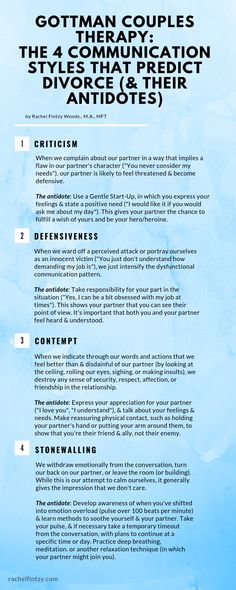 Even the little things matter: “I love how you cut your hair”, “Thank you for buying my favorite ice cream”, “I appreciate that you vacuum without me asking.”
Even the little things matter: “I love how you cut your hair”, “Thank you for buying my favorite ice cream”, “I appreciate that you vacuum without me asking.”
It seems too simple, even primitive, to work, but why not try: what do you have to lose? But you can buy a lot.
About the Expert
John Gottman is a Professor of Psychology, author and co-author of more than 200 scientific articles and 40 books.
Text: Zhanna Omelianenko Photo source: Getty Images
New on the site
6 ways to kill relationships0003
How to be a man in today's world: a review of the film "Manly"
What prevents the brain from developing: 8 bad habits
"Parked cars, phone, passers-by - I suspect everyone and everything of spying on myself"
4 eating mistakes that make you lose energy
6 misconceptions about sociopaths
“My husband had an intimate correspondence with my girlfriend. So he was going to improve our relationship with him.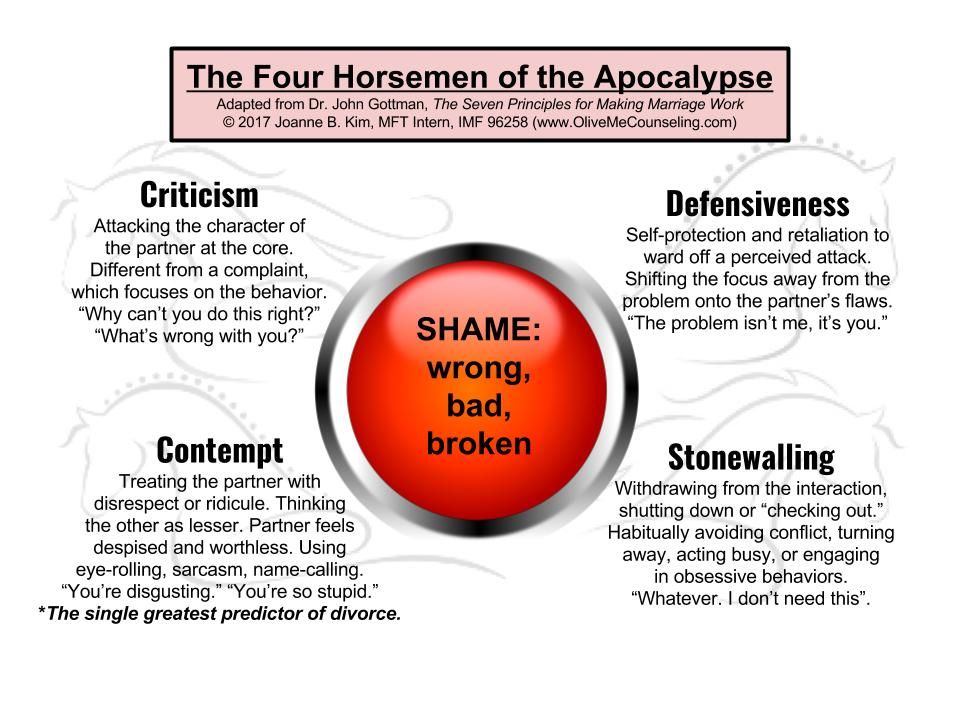 0001
0001
https://ria.ru/20180213/1514489905.html
US psychologists have learned to predict divorce and infidelity
US psychologists have learned to predict divorce and infidelity and betrayal
. Scientists from the University of Florida have developed a simple psychological test that allows you to fairly accurately predict whether newlyweds will cheat on each other in ... RIA Novosti, 02/13/2018
2018-02-13T01:00
https: //xn---c1acbl2abdlkab1og.xn--p1ai/Awards/
2018
RIA Novosti
1
5
4.7
9000 9000
Internet-gruan.ru
49000 7 645-6601
FSUE MIA Rossiya Segodnya
https://xn--c1acbl2abdlkab1og.xn--p1ai/awards/
News
ru-RU
https://ria.ru/docs/about /copyright.html
https://xn--c1acbl2abdlkab1og.xn--p1ai/
RIA Novosti
1,000 .xn-p1ai/awards/
1920
1080
True
1920
1440
True
https://cdnn21. img.ria.ru/images/150727/97/150727968_225:0: 2000:1331_1920x0_80_0_0_2ea000da6c732b49eb06277a2e7b72df.jpg
img.ria.ru/images/150727/97/150727968_225:0: 2000:1331_1920x0_80_0_0_2ea000da6c732b49eb06277a2e7b72df.jpg
1920
1920
True
RIA Novosti
1
5
4.7
9000
7 495 645-6601 9000
Federal State Unitary Enterprise MIA “Russia Today”
https: //xn---c1acbl2abdlkab1og.xn--p1ai/Awards/
RIA Novosti
1
5
4.7
96 9000
7 495 64 64 64 64 64 64 64 64 64 64 64 64 64 64 64 64 64 64 64 64 64 64 64 64 64 64 64 64 64 64 64 64 64 646 646 495 64 64 64 646 646 495 64 64 64 646 64 64 64 64 64 64 64 64 646 646 495 64 64 64 64 64 64 64 64 64 64 64 64 64 64 64 64 64 64 64 64 64 64 64AP
Federal State Unitary Enterprise MIA "Russia Today"
https://xn--c1acbl2abdlkab1og.xn--p1ai/awards/
discoveries - RIA Nauka, USA
Discoveries - RIA Nauka, Nauka, USA
MOSCOW, January 13 - RIA Novosti .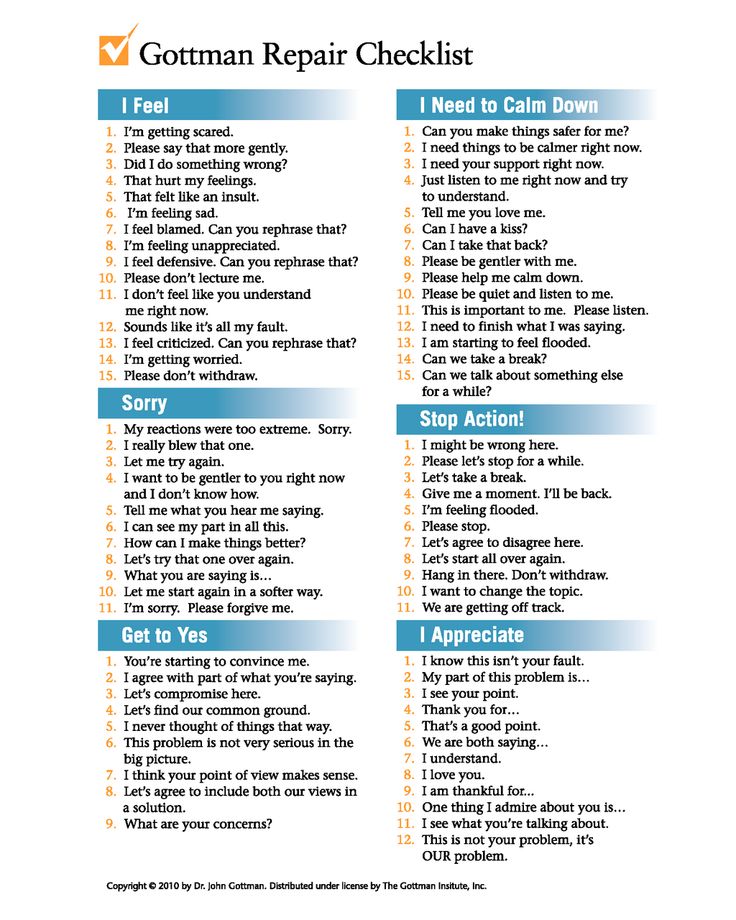 Scientists from the University of Florida have developed a simple psychological test that can accurately predict whether newlyweds will cheat on each other in the next four years of life, according to an article published in the Journal of Personality and Social Psychology.
Scientists from the University of Florida have developed a simple psychological test that can accurately predict whether newlyweds will cheat on each other in the next four years of life, according to an article published in the Journal of Personality and Social Psychology.
November 3, 2017, 04:58
Scientists have identified the main causes of divorce
"Social networks and the global network have made it almost limitless our ability to find alternative partners for leading a personal or family life. For this reason, it is extremely important for us to understand what makes some men and women resist this temptation, and others to succumb to it,” said Jim McNulty from the University of Florida at Tallahassee (USA).
According to McNulty, the idea to conduct such a study came to his team after he drew attention to the appalling divorce statistics in the United States – today, according to the psychologist, every second married couple breaks up after several years of marriage.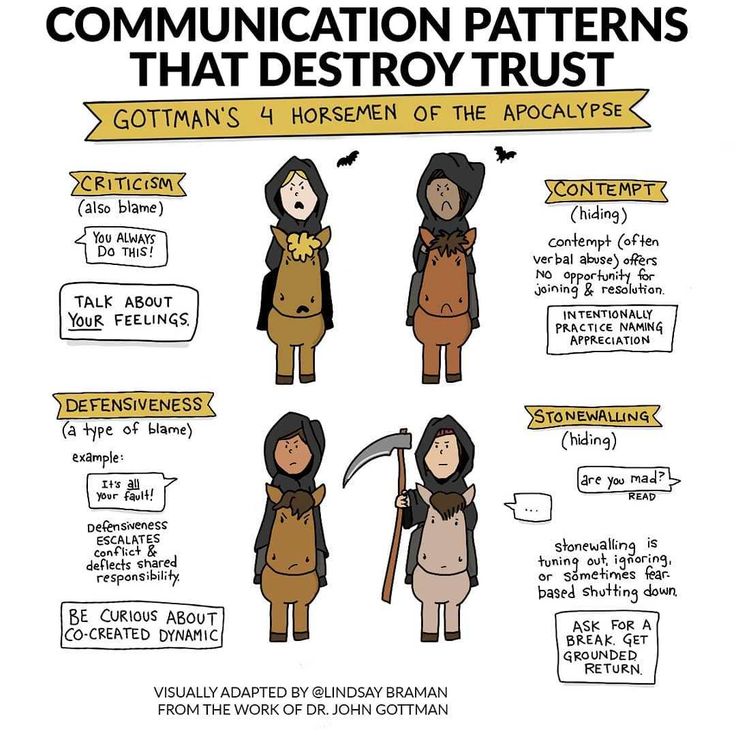
Trying to understand why this is happening, McNulty and his colleagues assembled a group of three hundred newly married boys and girls, whose lives were followed by scientists for the next 3.5 years.
During this time, some of the couples broke up, and the other halves were in a strained relationship due to infidelity, which allowed scientists to understand what biological and psychological factors negatively affect the strength of family ties.
August 21, 2016, 18:08
Scientists have found out in which months spouses are more prone to divorce Sociologists have found that divorce applications are most often filed in March and August. In their opinion, this regularity is connected with summer and winter vacations.
As it turned out, the probability of their breakup depended on one non-obvious, but very simple thing - how strongly both boys and girls were attracted to the pretty faces of strangers. For example, newlyweds who stared for a long time at photographs of attractive men and women that scientists showed them were noticeably more likely to break off their relationship in subsequent years than those married couples who spent a little less time on this procedure.
Similar trends were manifested in the subjective assessment of the beauty of strangers - the less beautiful these photographs seemed to the newlyweds, the less often they cheated on each other. Even small differences in reaction, as psychologists note, greatly influenced the strength of family ties, increasing or decreasing the likelihood of their breakup by several tens of percent.
As McNulty emphasizes, such differences appeared not through the fault of the volunteers themselves - they are, according to scientists, the result of some biological differences in the work of the brain and other parts of the human body. In other words, it is impossible to "consciously" increase the likelihood of infidelity or breakup of a marriage, or to reduce it in principle.
December 18, 2013, 03:35
Scientists: "henpecking" turned out to be one of the reasons for the destruction of familiesScientists believe that the desire of one of the family members to please his soul mate has an extremely negative effect on his own well-being and family happiness in general.



